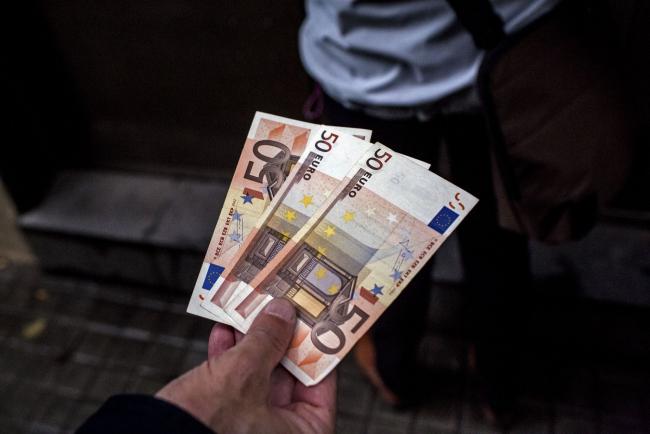(Bloomberg) -- Want the lowdown on European markets? In your inbox before the open, every day. Sign up here.
The euro has been plagued by fears that the spread of the coronavirus will undermine the region’s economic growth. A slew of weaker data is only making matters worse.
The shared currency touched a four-month low in early New York trading Monday, putting it on track for a a sixth straight daily decline, the longest losing streak since September. Data Monday showed Euro area investor confidence missed estimates at a time when traders are concerned Europe’s biggest economy could have contracted in the fourth quarter.
Investors are worried that the euro area economy will weaken further as the coronavirus continues to spread rapidly. Some forecasters are already lowering their estimates amid the concerns. JPMorgan Chase (NYSE:JPM) & Co. and RBC Capital Markets last week downgraded their forecasts on the currency.
“The euro can probably move lower, especially if some risk-off tone still exists tied to the virus,” said Brendan McKenna, a currency strategist at Wells Fargo (NYSE:WFC) & Co. in New York. The euro is likely to fall to 1.09 by the end of March, but is likely to rebound to 1.13 by year-end as “the effects of the virus will start to wear off” and the dollar weakens. McKenna expects European economic data will improve by year-end.
The euro fell 0.1% to 1.0919 at 12:08 p.m. in New York. It earlier dropped as much as 0.3% to 1.0909, the lowest since Oct. 2. The common currency posted its worst January since 2015, weakening 1.1%.
Separately, traders are also concerned about political upheaval in Germany, after Chancellor Angela Merkel’s former protege quit as party chief, leaving the race to lead the country wide open.
